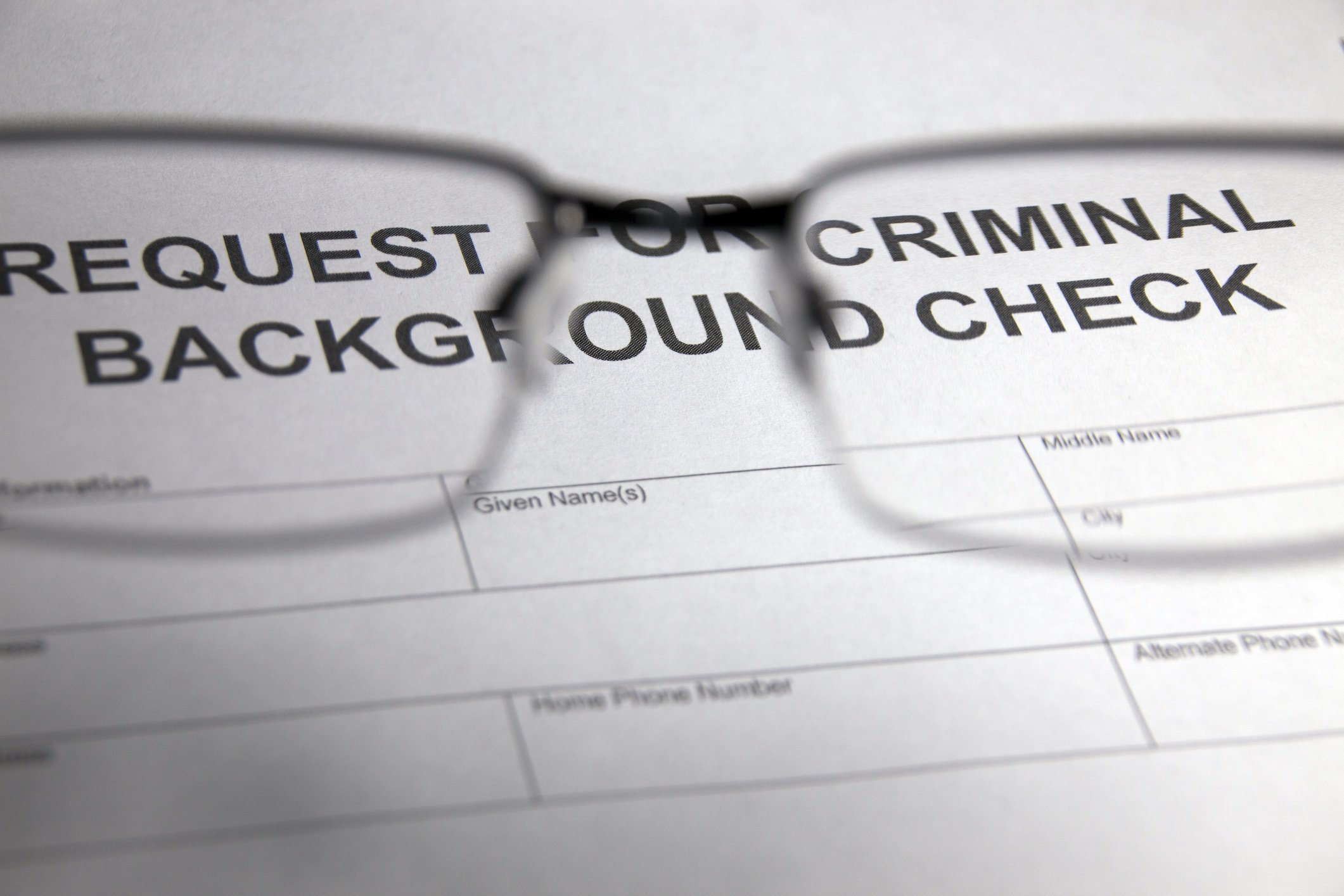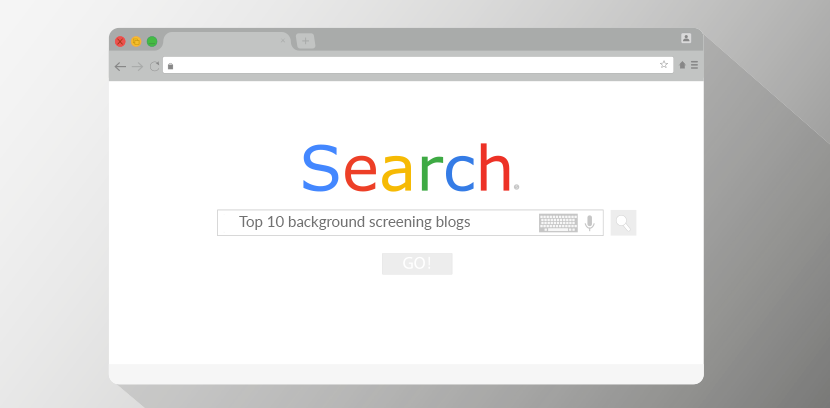6 Common Myths about Background Checks

Background checks are necessary for employers who wish to have a clear picture of who they are hiring. It can be quite overwhelming to an HR department of one or an employer who doesn't hire often. With big companies being taken to court over compliance issues to fair chance hiring laws like "Ban the Box", a hiring manager could easily develop ideas about background screening that simply aren't true.
Here are six common myths about background checks and the truth about what to do.
Myth #1: Any employer can review an applicant's social media to decide if they're okay for hiring.
Unless your applicant will work in public relations or have access to your business social media accounts, this isn't a good way to make a decision. The social media account you're reviewing may not be correctly associated with the applicant or they may have an online persona that is different than their IRL persona. Some states have already passed legislation that prohibits employers from having access to an employee's social media. If you're going to review an applicant's social media profile, LinkedIn would possibly be okay, especially if the candidate applied through that network.
Myth #2: The internet provides all the information an employer needs to make a hiring decision.
While the internet does have a large capacity of data, the accuracy of that data isn't dependable. As with social media, the information could be associated with someone else who has the same name and birthday - yes, it is possible. A professional background check company will do the due diligence and verification to ensure the information actually does belong to your job candidate.
Myth #3: An employer can include a simple check box on the application to let an applicant know they're going to be screened.
One of the biggest reasons employers are taken to court for FCRA non-compliance is due to their consent forms for background checks. The FCRA specifically requests that a background check consent form be a separate "clear and conspicuous" disclosure with language that includes identifying information, which screens are being run, and that the information will be relevant to the hiring decision. Any extraneous information that could distract from the form's purpose could get an employer in trouble.
Myth #4: Employers only need to run pre-employment screens.
Pre-employment background checks tell a hiring manager about their applicant up to the point of hiring. If the applicant continues to work for the employer for years, or if they get promoted to a position with more secure access to company files, they should be screened again. Employers can create a safe workplace culture by setting expectations among employees that they could be screened again. If an employee is involved in an accident or co-workers or management suspect drug or alcohol abuse, the employer also has a right to run another background or drug screening.
Myth #5: Employers can't run a criminal background check because of Ban the Box laws.
Ban the Box and other Fair Chance Hiring laws specify that employers wait to run criminal background checks after a job offer is made. The "box" refers to a check box on an application that asks if the applicant has ever been convicted of a crime. With this box checked, the candidate doesn't get a chance to move into the hiring process to explain what the conviction was about or how long ago it was. The EEOC background check guidance asks that employers assess the individual's criminal record closely before denying employment.
Myth #6: If the applicant fails the background check, it's okay to withdraw the job offer.
Not so fast. The background check, although more accurate than an internet database, could still reveal information that is inaccurate. If an applicant fails a background check, they also have rights under the FCRA to dispute the data in the record. The employer must also follow adverse action requirements before taking action to deny employment. If the applicant cannot dispute the data, the employer has followed the adverse action process, they've assessed any criminal records, and they've reviewed their background check decision matrix, then the employer can most likely withdraw the job offer without fear of retribution or litigation.
VeriFirst has an FCRA-certified staff available to help with your background check questions. Let us know how we can help!
Share this
You May Also Like
These Related Stories

How Accurate are Employee Criminal Background Checks?

When Should Employers Consider Criminal History Records?


